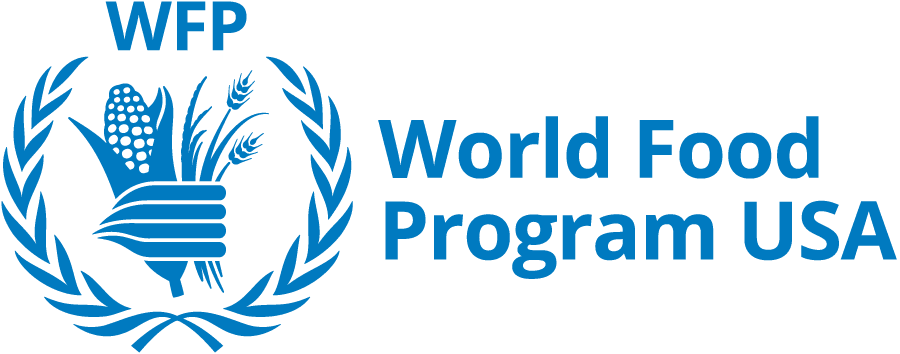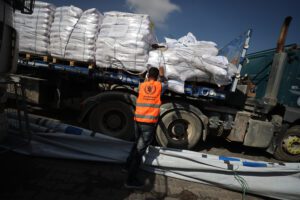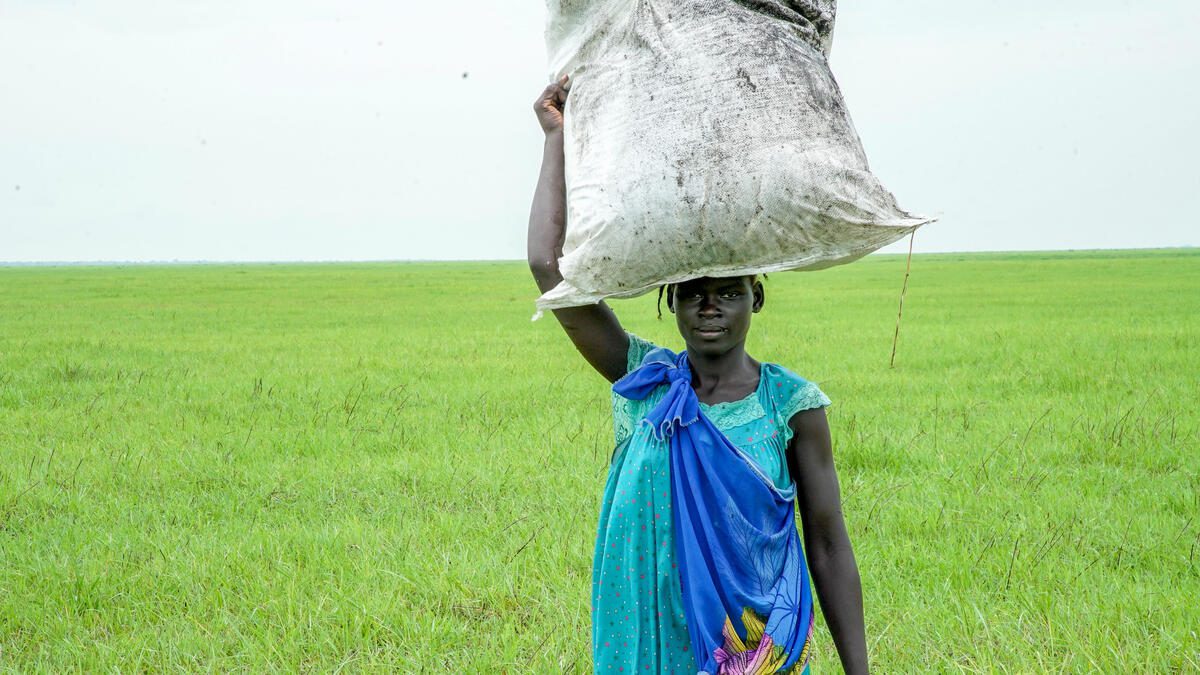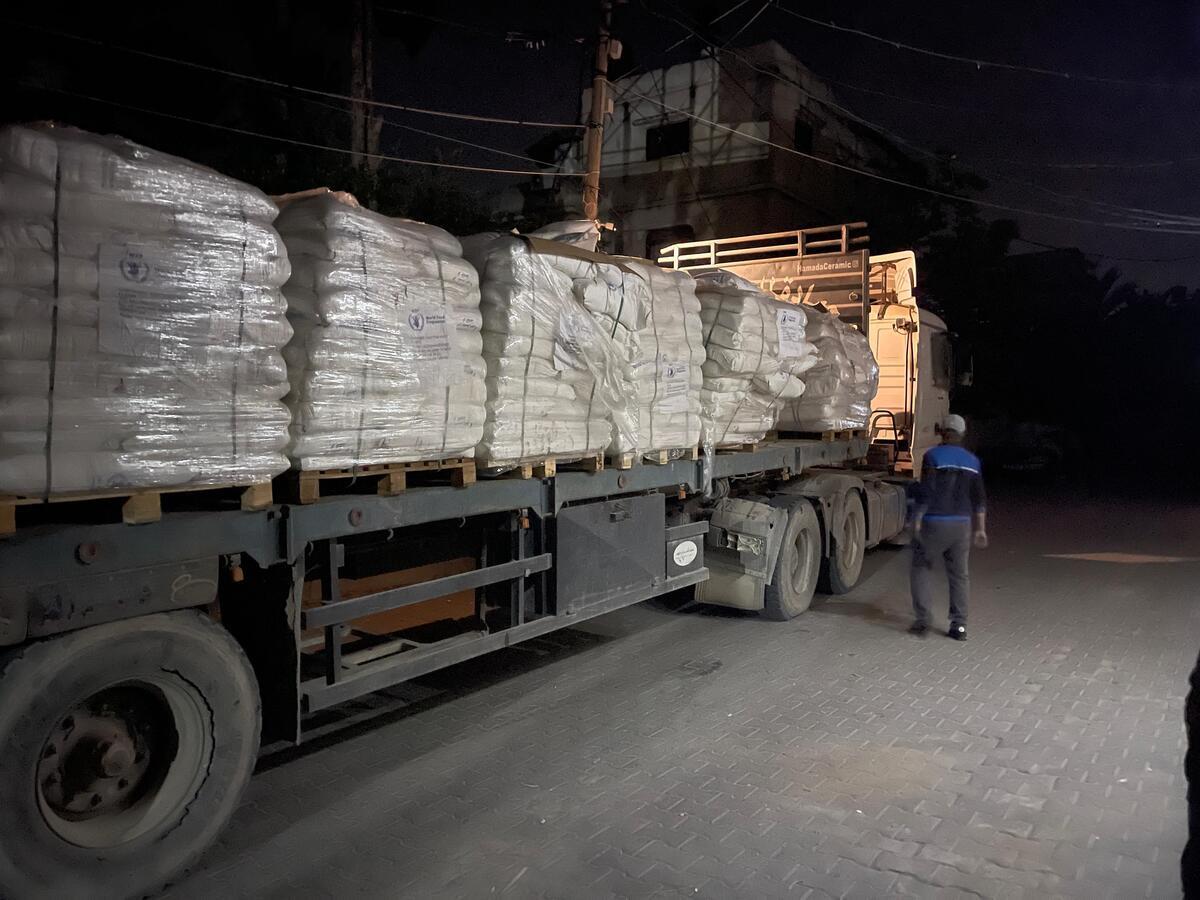In sub-Saharan Africa, over 60 percent of women work in agriculture. Yet, women’s potential as farmers and entrepreneurs is often limited due to gender inequalities and little access to farming tools like seeds and fertilizers.
In Rwanda, where nearly 70 percent of women are work in agriculture, the United Nations World Food Programme (WFP) have started a program with partners that aims to:
empower rural women by reducing gender inequalities and poverty
reduce hunger levels
foster pathways for women to be leaders, decisionmakers and agents of change

“I used to be very shy and felt unable to talk in front of people, especially in the presence of men. Now I feel more empowered and confident,” said Marie-Rose, one of 2,000 farmers in 19 cooperatives in Rwanda supported by the rural women’s economic empowerment program.

Through the program, farmers are taught:
entrepreneurial skills such as public speaking
innovative farming skills like grafting (a gardening technique which joins two plants in one to make a hybrid)
best harvesting practices
contract negotiation skills

Program participants have also noticed nutritional benefits for their communities and increased profits.
“We grow tomatoes, beetroots, carrots, cabbages and bell peppers which are sold locally says Anastasie, president of the B’impundunka-Nyagisozi cooperative which was started in 2017.
“This means that local families have access to fresh vegetables and means profits for cooperative members.”

Agriculture is the backbone of Rwanda’s economy. Through programs such as this rural women’s initiative, the U.N. World Food Programme is helping female farmers strengthen their technical skills and grow brighter, healthier futures.
This story originally appeared on WFP’s Stories on December 6, 2021 and was written by JohnPaul Sesonga.
The U.N. World Food Programme works with the Food and Agriculture Organization, the International Fund for Agricultural Development and UN Women to promote gender equality across all its programs in Rwanda and provides food assistance in a manner that makes equal resources available to women and men. The Rural Women’s Empowerment program is also implemented in Ethiopia, Guatemala, Kyrgyzstan, Liberia, Nepal and Niger.
